History of Palestine Israel conflict

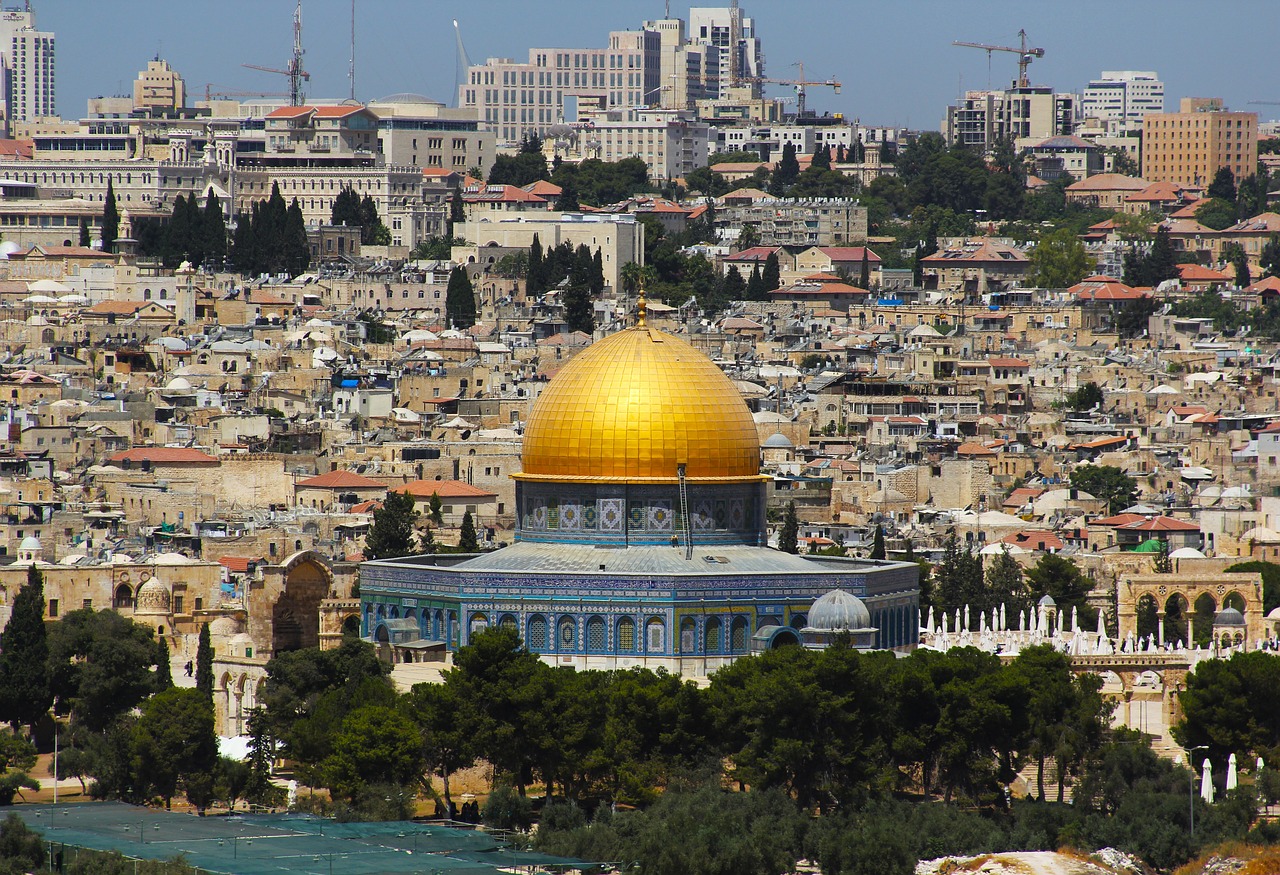
The history of Palestine and Israel is complex and deeply rooted in a tangled web of religious, cultural, and geopolitical factors
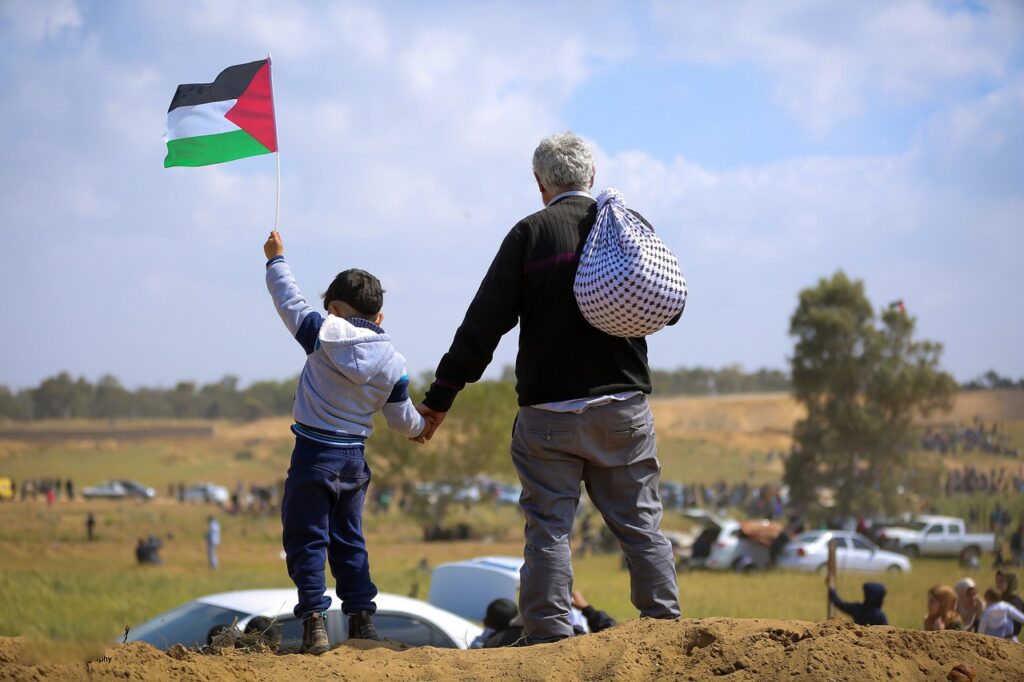

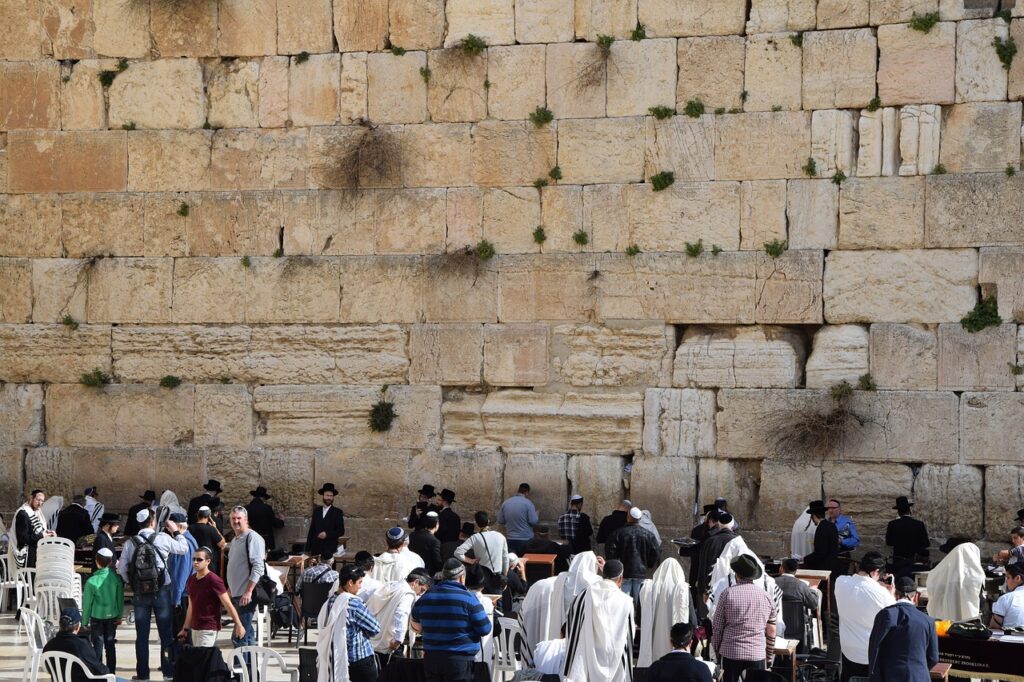
The Israel-Palestine conflict is a complex and longstanding geopolitical and ethno-religious conflict that has its roots in the late 19th and early 20th centuries. The conflict revolves around the competing national aspirations of Israelis (Jews) and Palestinians, both of whom lay claim to the same territory.
Here is a brief overview of key events in the history of the Israel-Palestine conflict:-
Late 19th Century: Zionist Movement Begins
The late 19th century saw the rise of the Zionist movement, which aimed to establish a Jewish homeland in Palestine. The movement gained momentum with Theodor Herzl’s publication of “The Jewish State” in 1896.
Balfour Declaration (1917)
During World War I, the British issued the Balfour Declaration in 1917, expressing support for the establishment of a “national home for the Jewish people” in Palestine. This declaration sowed the seeds for future tensions.
British Mandate (1920-1948)
After World War I, the League of Nations granted Britain a mandate over Palestine. During this period, tensions rose between Jewish and Arab communities as Jewish immigration increased.
Partition Plan (1947)
The United Nations proposed a partition plan in 1947 to divide Palestine into separate Jewish and Arab states, with Jerusalem as an international city. Jewish leaders accepted the plan, but Arab leaders rejected it, leading to the Arab-Israeli War of 1948.
Establishment of the State of Israel (1948)
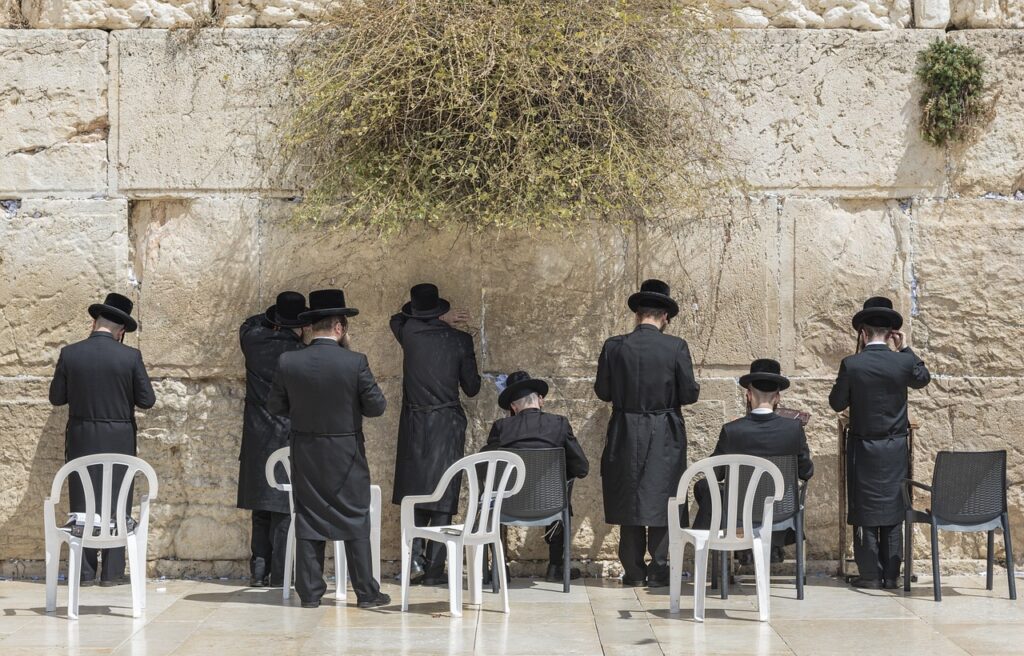
On May 14, 1948, David Ben-Gurion declared the establishment of the State of Israel. The Arab states opposed the creation of Israel, leading to the Arab-Israeli War, known as the War of Independence.
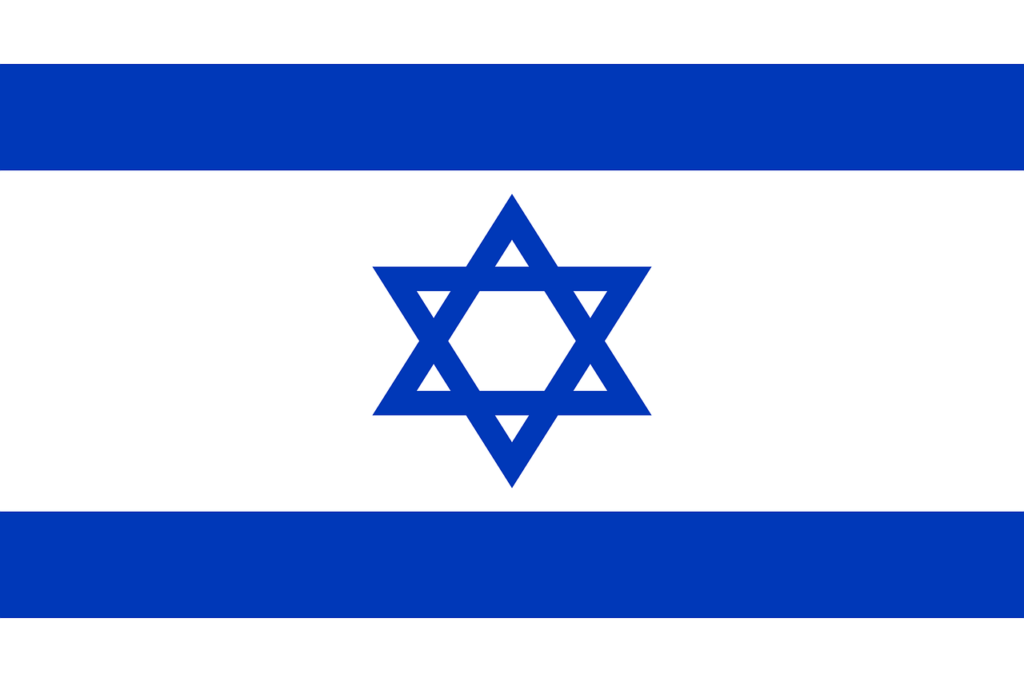
Nakba (1948)

Hundreds of thousands of Palestinian Arabs fled or were expelled during the 1948 war, leading to the Palestinian Nakba (“catastrophe”).
1956 Suez Crisis
Israel, along with Britain and France, invaded the Sinai Peninsula in response to the nationalization of the Suez Canal by Egypt. International pressure forced the withdrawal of the invading forces.
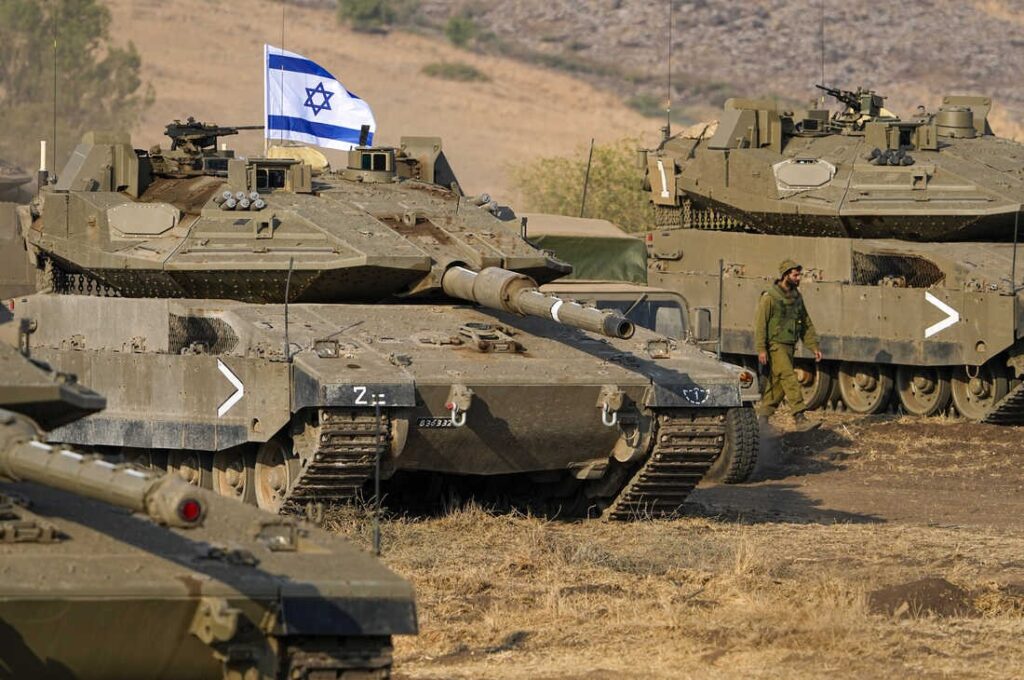
Six-Day War (1967)
In June 1967, Israel fought the Six-Day War against Egypt, Jordan, and Syria, resulting in the Israeli occupation of the West Bank, East Jerusalem, the Gaza Strip, the Sinai Peninsula, and the Golan Heights.
Yom Kippur War (1973)

Egypt and Syria launched a surprise attack on Israel during the Yom Kippur holiday in 1973. The conflict ended in a ceasefire and later led to peace talks between Egypt and Israel.
Peace Accords
The Camp David Accords in 1978 between Israel and Egypt and the Oslo Accords in the 1990s between Israel and the Palestine Liberation Organization (PLO) were significant attempts at achieving peace, though the situation remains tense.
Second Intifada (2000-2005)
The Second Intifada was a period of heightened Palestinian-Israeli violence that erupted in 2000.
Gaza Strip Disengagement (2005)
Israel unilaterally withdrew its settlements and military presence from the Gaza Strip in 2005.
Gaza Wars (2008-2009, 2012, 2014)
Israel and Hamas, both controlling Gaza, engaged in conflicts, resulting in significant casualties and damage.
Ongoing Tensions

The Israel-Palestine conflict remains unresolved, with issues such as borders, refugees, and the status of Jerusalem continuing to be major points of contention.








